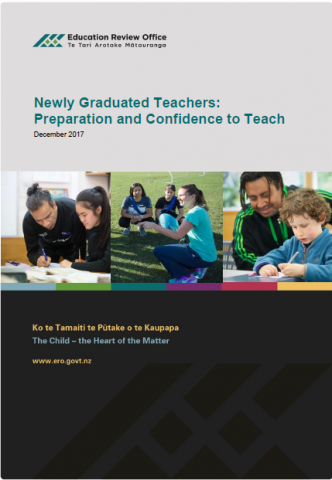Teaching strategies that work - Mathematics
Published: 20 Feb 2018
This Education Review Office (ERO) report is one of a series of reports on teaching strategies that work. It features strategies and approaches that we observed in 40 primary schools selected from across New Zealand. These schools came from a database of 129 schools, all with rolls of 200 or more, in which the proportion of students in the upper primary years (Years 5 to 8) achieving at or above the national standard had increased. In each case achievement levels were also above average for the decile.
- Audience:
- Schools
- Content type:
- Research
- Topics:
- Engagement
- Achievement
- Mathematics
- National Monitoring Study of Student Achievement (NMSSA)
- Programme for International Student Assessment (PISA)


